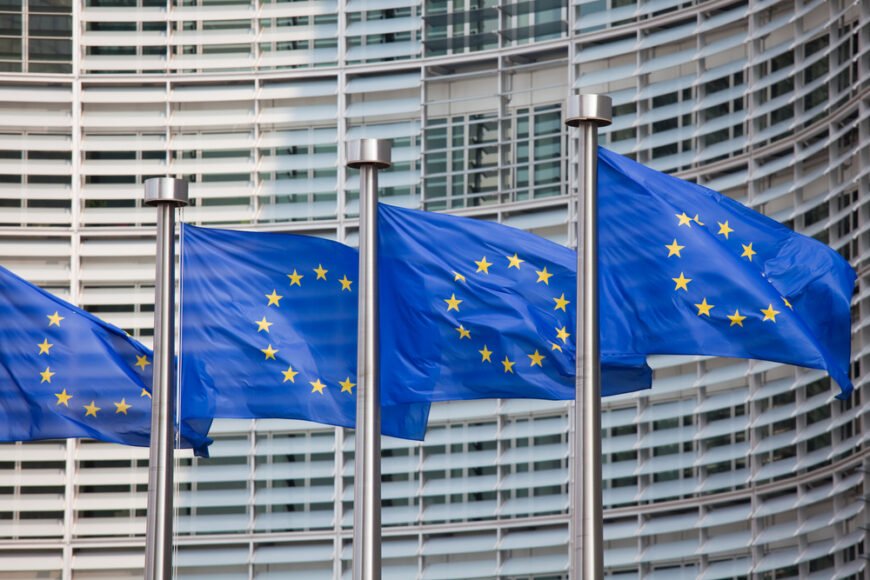
Brussels – Following cuts in research budgets and the expulsion of foreign students initiated by US President Donald Trump, numerous EU ministers responsible for research expressed deep concern ahead of their recent meeting in Brussels. Austria’s research minister, Eva-Maria Holzleitner (SPÖ), called for adequate funding for the research framework program in the upcoming EU multiannual budget.
Holzleitner described the US government’s ban on Harvard University admitting foreign students as a “very dramatic negative signal for free science and the scientific young generation.” The Trump administration accuses Harvard of harboring pro-Palestinian protests on campus and has already enacted significant funding cuts. According to the “New York Times,” among the 6,800 non-US citizens studying at Harvard, it remains uncertain if the ban will withstand legal challenges.
Holzleitner emphasized the importance of international perspective in academia, stating that Austria is implementing a support package for professors, researchers, and students “who may not be able to complete their studies in their home countries.” She announced a scholarship program for 50 students, reiterating that English serves as the primary language in science and research. She also recalled that just a few months prior, a party in Austria sought to restrict scientific discourse to German, highlighting her government’s commitment to multilingualism.
“I am very concerned about the situation in the United States,” stated German Research Minister Dorothee Bär, calling the US government’s decision a negative signal and expressing hope that it would be reversed, as it poses a significant threat to academic freedom. She noted a noticeable shift of students from not only America but also countries like China and India toward Europe.
Marcin Kulasek, Poland’s research minister and current representative of the Council presidency, affirmed Europe’s openness to attracting global talent, considering it essential. French minister Philippe Baptiste characterized the current global environment as “disordered” and warned that under Trump’s administration, the foundations of science are at risk, leading to worldwide ramifications.
Holzleitner praised the EU Commission’s recent initiative, “Choose Europe for Science,” aimed at attracting international researchers to Europe, affirming it as a crucial step to demonstrate that Europe is a “safe harbor” eager to extend a welcoming hand. She stressed the need for a robust EU research framework program focused on free science and research, particularly for Austria.
As negotiations for the next multiannual EU budget from 2028 to 2034 commence in the fall, Holzleitner emphasized that securing a strong research program will be a priority for Austria. The EU Commission is scheduled to present its proposal in mid-July, which includes plans for increased funding for defense and armament. Holzleitner noted that a robust research framework program not only benefits Austria due to its excellent research but also provides a competitive edge and fosters innovation. “Investing in research is investing in competitiveness and jobs,” echoed Baptiste. (23.05.2025)













Leave a Reply